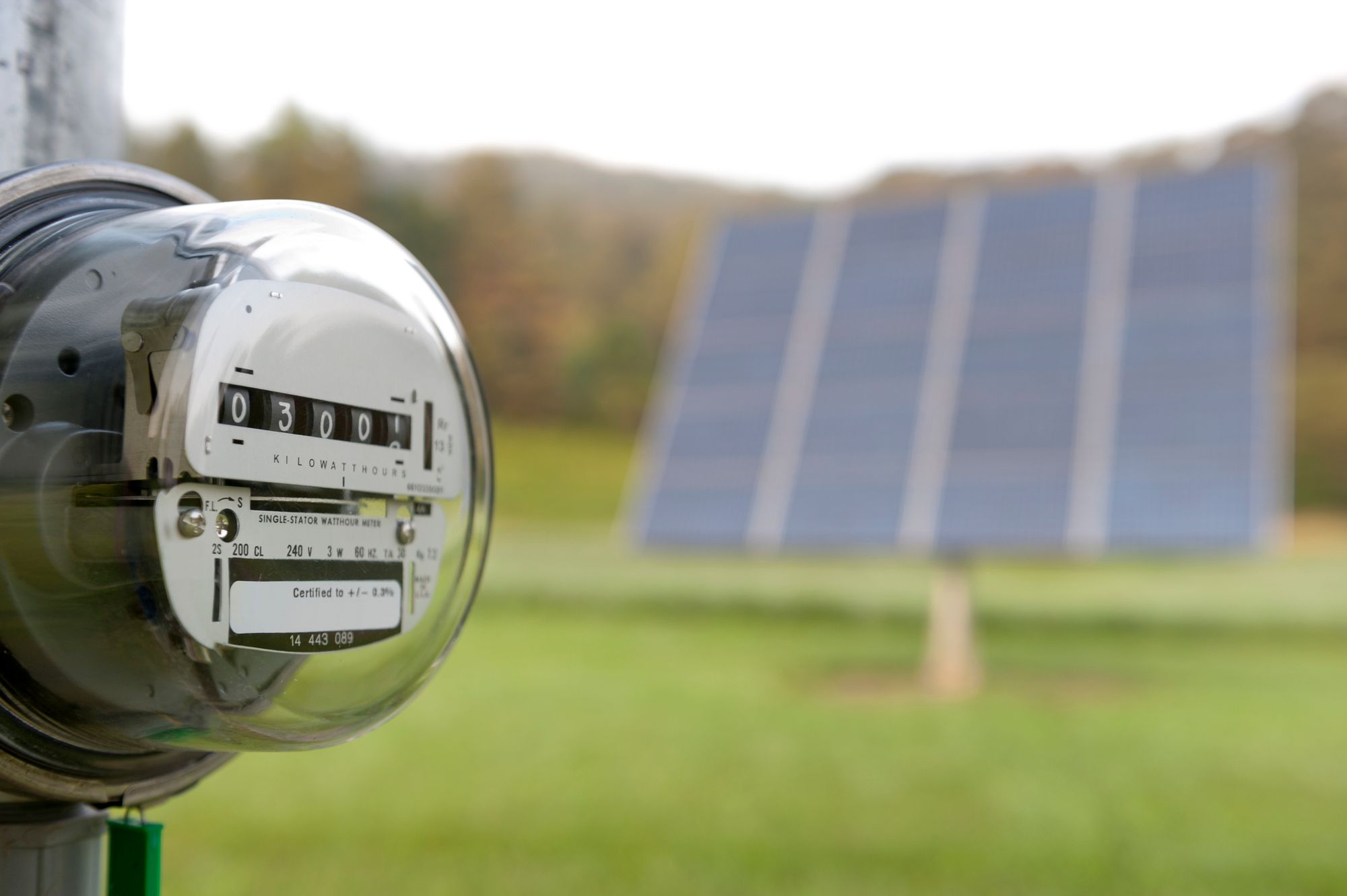Energy Prices to Rise 5% by Next Year While Solar Gets Cheaper

As we near the halfway point of 2021, the price forecast for crude oil, gas, and electricity comes into sharper focus. Based on the projections it published just days ago, the U.S. Energy Administration expects prices to rise 2.6% this year and another 2.5% the next. That's slightly more than a 5% increase over what we were paying last year.
Meanwhile, solar keeps getting more affordable.
With more efficient panels, streamlined installations, manufacturer rebates, and local and Federal incentives, the value proposition of home solar has strengthened. Photovoltaic panel prices have dropped 43% over the past five years, according to the Solar Energy Industries Association.
Get A Free Solar Quote Now3 Top Money-Savers for Solar Installs
With utility prices rising and rolling blackouts becoming a common way for utilities to struggle with high demand in many states, the idea of turning our roofs into personal power plants gets more attractive all the time. Here are three of the strongest financial benefits of going solar.
Rebates.
The rapid pace of innovation in the solar space means that panels and other equipment that was cutting-edge last year can be marked down today. Manufacturer rebates put money back in the homeowner's pocket.
Manufacturer rebates aren't the only ones out there. Some states offer energy rebates to encourage people to add solar to their homes. To name just a few: California, Colorado, Illinois, Nevada, and New York.
Big solar state Texas doesn't have rebates, but many local governments and utility companies there do. In the regions it serves, the Tennessee Valley Authority also has programs to incentives home solar.
See whether your state offers rebates, and what kind, here.
Net metering.
The gold standard for net metering is when it operates fully as intended: Residential producers of electricity get paid for their excess at the going rate. This means if they are paying $0.17 per kilowatt-hour to draw electricity from the utility, they get paid that same rate when the utility soaks up the excess generated by the solar panels.
Net metering laws and guidelines provide an even playing field—or should we say "paying field"? Several states boast excellent net metering. Solar customers there see credits on their power bill. They are charged for the electricity they used, credited for the excess they sold, and owe only the difference, or net.
Related
Five concrete incentives everyone considering solar should know about
Below the gold standard of net metering are policies whereby solar homes still get paid for their excess but not at the going rate. System owners are paid slightly less than the retail price for their electricity, and the difference goes to fund low-income programs and the like.
26% Federal tax credit.
No matter which state you live in, you can deduct 26% of the cost of your home solar energy system off your Federal taxes. Systems installed this year or next qualify. (In 2023, the credit drops to 22%.)
The credit is a dollar-for-dollar credit, no weird formulas or tax tables necessary. If your home solar energy system cost $8,000, for example, you are entitled to deduct $2,080 (26%) from your Federal taxes that year. This either means writing a smaller check to the IRS or receiving a bigger refund. Either way you are much closer to the day when the system has paid for itself.
In the first quarter of 2021, solar comprised 58% of all new generating capacity in America. (Source: SEIA)
Note that rebates, net metering benefits, and tax credits (not to mention other incentives) go to the system's owner. One drawback of leasing PV panels is that the leasing company, not the homeowner, gets the often-lucrative incentives.
Conclusion
Except for the anomaly of 2020, when the global pandemic caused energy rates to drop, the cost of energy usually travels in one direction: up. By the end of next year you can expect to be paying 5% more for energy than you are today if the forecasts pan out. Meanwhile, technological advances and healthy competition keep making residential solar energy systems more affordable.
Get A Free Solar Quote Now